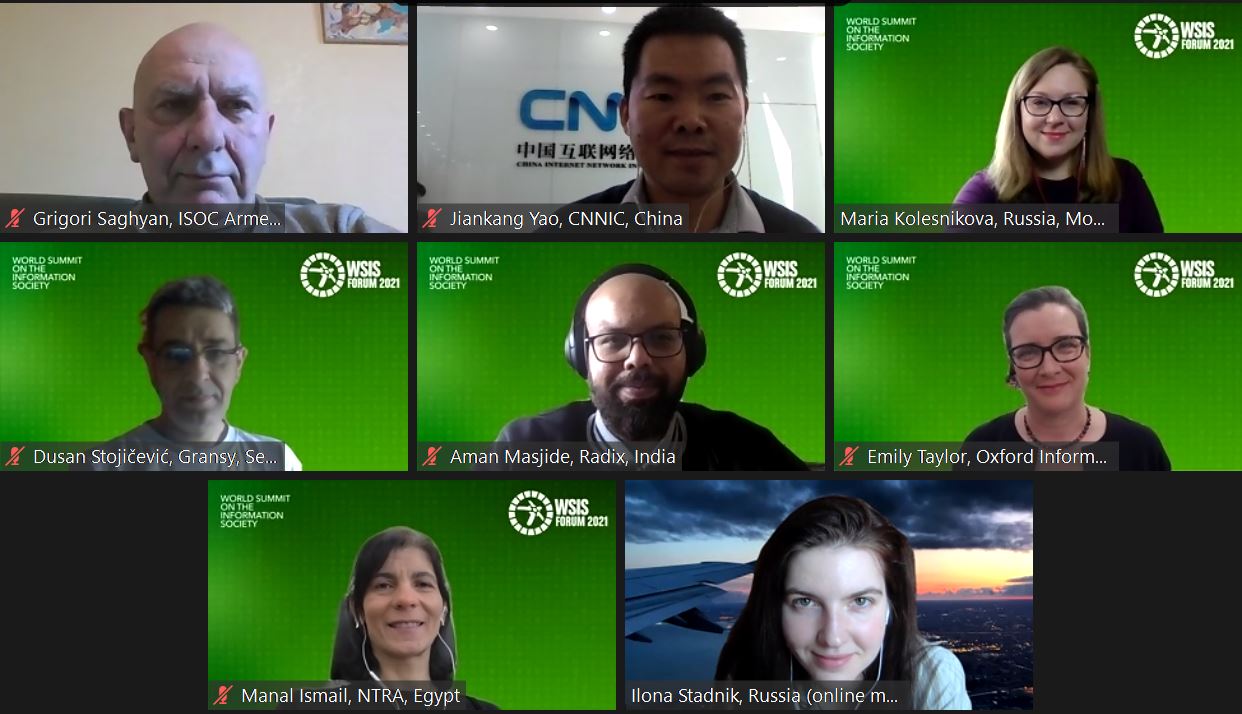Promoting Universal Acceptance as a Prerequisite for Progress in Ensuring Multilingualism and Local Content Generation in Eurasia and Asia Pacific
Coordination Center for TLD .RU/.РФ
Session 283
The multilingual Internet has for long been in the focus of the technical community’s attention but it was with the launch of Internationalized Domain Names (IDNs) that the challenge has emerged as a truly universal one as it invoked the imperative to implement Universal Acceptance which should enable users around the world to navigate across the Internet entirely in local languages. Also, UA is the key to fostering competition, consumer choice and innovation in the domain names area. To achieve Universal Acceptance, Internet applications and systems must treat all Top Level Domains in a consistent manner, and be able to accept, validate, store, process and display all domain names on the Internet, whether in the Latin script, or local non-Latin scripts. If attained, a multilingual Internet should further bind the world and contribute to the process of achieving the MDGs.
With most of the non-Latin scripts being scattered across Eurasia and Asia Pacific, the purpose of the workshop is to raise stakeholders’ awareness of UA as a driver and enabler of a genuine multilingualism on the Internet and to identify unorthodox ways and means of its adoption and promotion by governments, businesses, academia, and end-users.
In the course of an hourly session, a group of stakeholders will brainstorm on the matter with a particular focus on interaction with the audience through blitz surveys at the beginning and the end of the session, as well as team work to identify strengths, weaknesses, challenges and opportunities, and good practices, with an ultimate objective of contributing to the crafting of a fairly universal action plan on UA implementation across Eurasia and Asia Pacific.
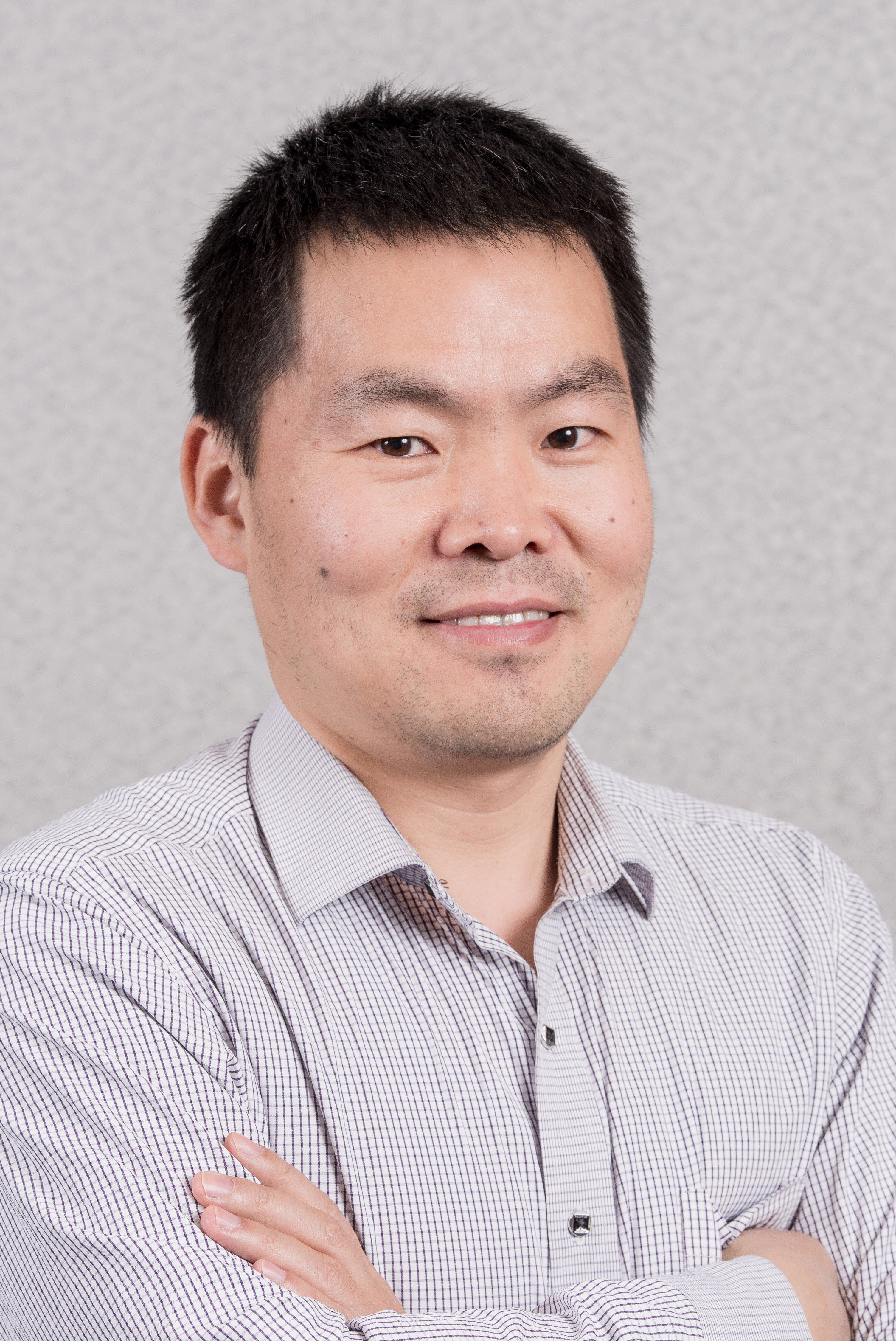
Jiankang Yao received his master degree of Computer Science in National University of Singapore and joined CNNIC in 2003 as a research engineer. In CNNIC, he had a further study and received his Ph.D. degree of Computer Software and Theory in CNIC, CAS (Chinese Academy of Sciences). His main research interests include but not limit to EAI, IDN, DNS, and Internet naming.
Since the 62nd IETF meeting in 2005, he has been active in the IETF and has experience in working as the IETF WG co-chair and secretary. Especially, he made a lot of contribution to EAI BOF and WG. In order to help to move EAI documents from experimental RFCs to Standards Track RFCs, he did a lot of EAI implementation and testing. Moreover, he got the APEC funding for EAI deployment as the overseer.
Currently he serves as the Co-Secretary of the Chinese Domain Name Consortium (CDNC). He is also the Internet Architecture Board (IAB) member, and ICANN ccNSO council member.
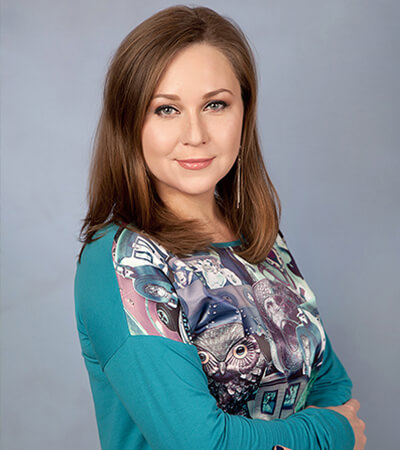
Maria Kolesnikova has been working for Coordination Center for TLD .RU/.РФ as a head of marketing, external relations and projects since 2007. Maria has a wide range of experience in information technologies, communications and marketing.
Since 2007 Maria is involved in IDN and UA Programs, participated in Fast Track Process for delegation of the Cyrillic ccTLD .РФ. In 2012-2013 she worked on delegation of several gTLDs during the first round of New gTLD Program. She is also a Chair of UASG Communications Working Group (for 2021) and a Chair of CIS-EE UA Local Initiative since 2019.
Maria has been a speaker/presenter at numerous conferences, including ICANN meetings, CENTR and APTLD workshops, regional and global IGF forums, Eastern European DNS Forum, Eurasia Network Operators’ Group conferences, TLDCON, etc. She has also managed regional and local Internet industry and Internet Governance events in Russia and Eastern Europe.
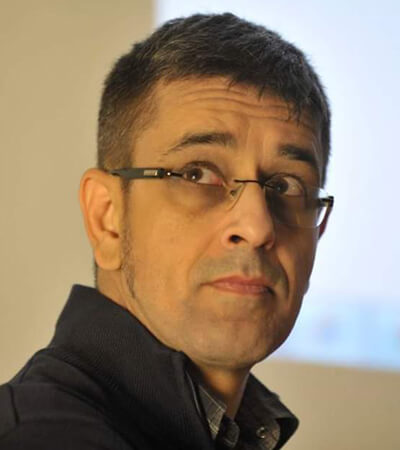
Mr. Stojičević has been a member of the Board of Governors of the The Serbian National Register of Internet Domain Names (RNIDS) from 2011 - 2016, and was Chairman of the Board of Governors (2013-2016). He was also the coordinator or member of the several Registries Working Groups (2011-2016). He was directly involved in launching Serbia's IDN ccTLD, .срб.
At ICANN community, he was the Chairman of Cyrillic Generation Panel (LGR) and the Vice-chair of Universal Acceptance Steering Group.
From 2014 - 2017, he was member of Executive Committee of SEEDIG (South Eastern European Dialogue on Internet Governance) and from 2015-2017 a member of Program Committee of RIPE SEE meetings.
He has a background in editing, and was the Editor-in-Chief of the computer magazine, "Svet kompjutera", which is the oldest computer magazine from the countries of the former Yugoslavia. He started as a contributing author in the magazine in 1987, became a section editor in 2003, and Editor-In-Chief in 2005. Dušan Stojičević studied Electronic Engineering and is a member of Serbian Society of Engineers.
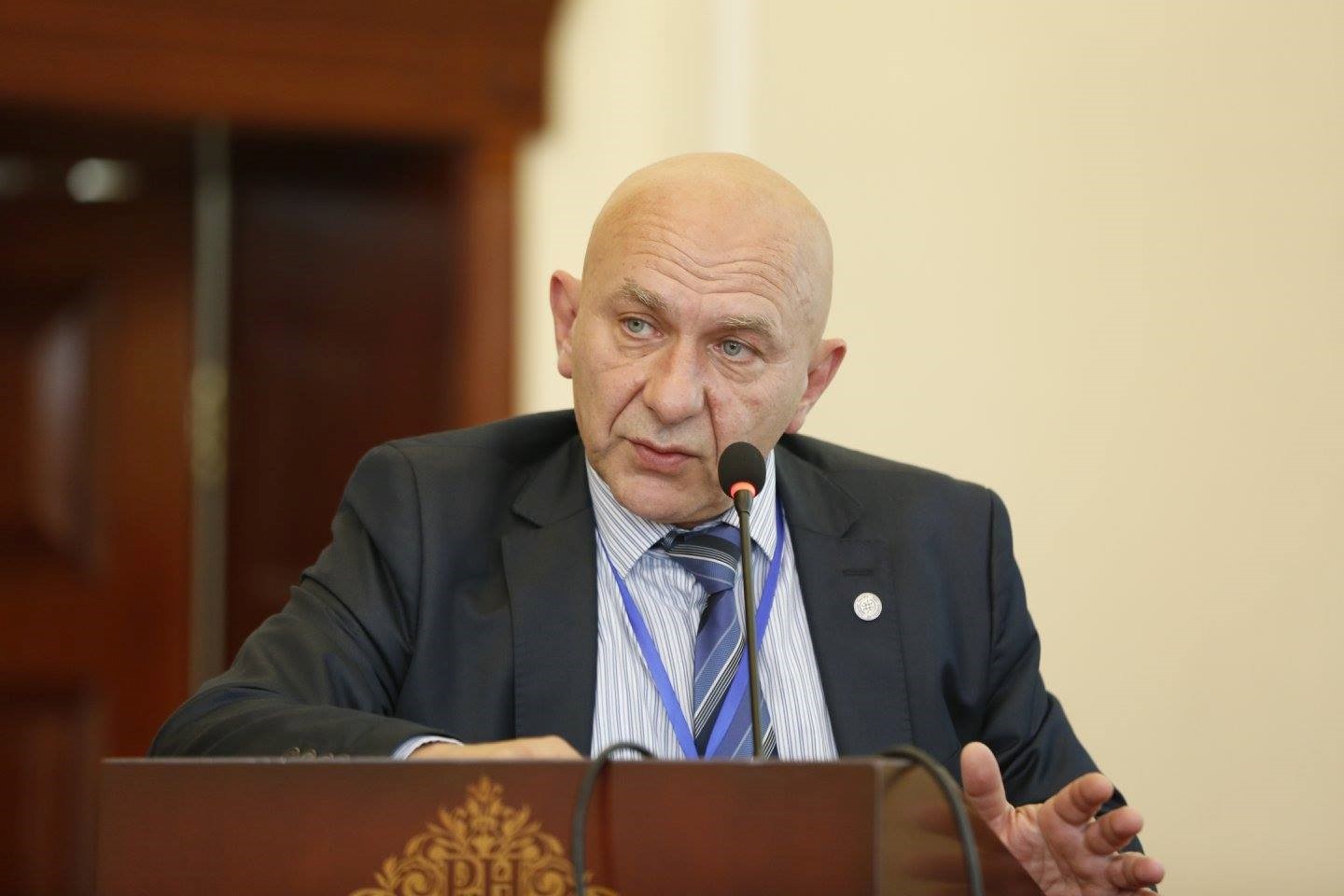
Have started his professional activity as an engineer in field of solid state electronics in Technological Institute of Microelectronics in Yerevan in 1977, was post graduate student in Moscow Institute of Electronics, Ph.D in 1989.
In 1992 have founded Arminco company, which was the first Internet service provider in Armenia. In 1994 was among founders of Internet Society of Armenia, .am ccTLD registry.
In 2000-2004 was the deputy head of General Department on telecommunications and Informatization of Armenia. In 2014 Grigori Saghyan was appointed by prime minister to the post of Secretary of Internet Governance Council of Armenia.
Currently Grigori Saghyan is the vice-president of Internet Society of Armenia and is involved in various scientific and educational programs.
Grigori Saghyan is an Associate Professor of Russian-Armenian University, Armenia, manager of Computer Emergency Response Team (CERT.AM), ITU expert on network security, member of Internet Society (ISOC.ORG) scince 1997.
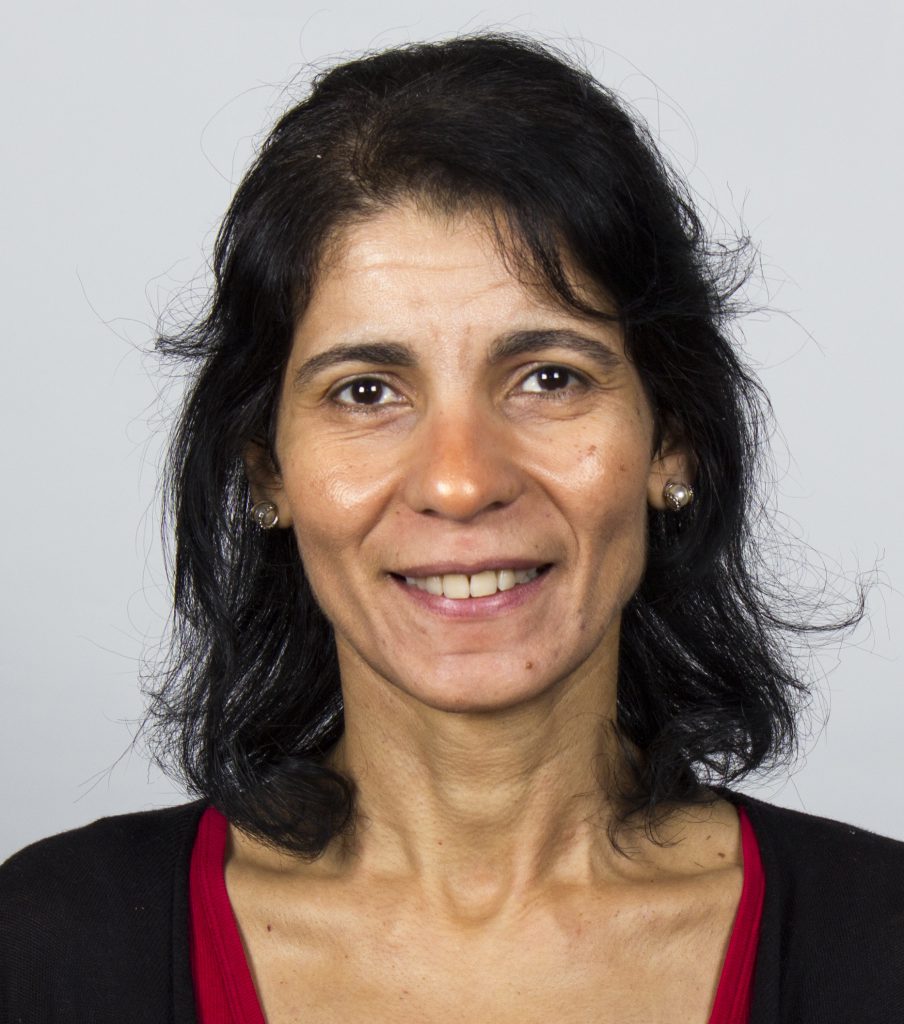
Ms. Manal Ismail is Chief Expert, Internet Policies at the National Telecom Regulatory Authority (NTRA) of Egypt. She has been working in areas of Internet development and related public policies for over 20 years, and was among the team who first introduced the Internet to Egypt. Ms. Ismail is chair of the Governmental Advisory Committee (GAC) of ICANN and non‐voting liaison to ICANN Board. She represented Egypt on the GAC for more than 15 years and served as one of its vice chairs in 2009 and 2017.
Ms. Ismail has contributed to early Arabic script community efforts through the Arabic Script IDN Working Group (ASIWG), co-chaired the IDNC Working Group on Fast Track Process for IDN ccTLDs in 2008, participated to ccNSO IDN ccPDP Working Group for the selection and delegation of IDN ccTLDs (2009-2013), was member of ICANN’s Arabic Script Team on IDN Variants in 2011, and has led GAC input on IDNs until its successful introduction. Her efforts have led to the delegation and launch of Egypt’s Arabic ccTLD within the first batch in 2010.
Ms. Ismail holds M.Sc. degree in Computer Science from University of Louisville (UofL), Kentucky, USA.
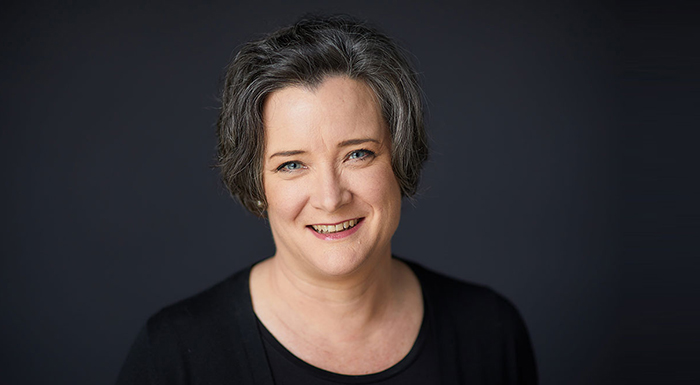
Emily Taylor is CEO of Oxford Information Labs. She is an Associate Fellow of Chatham House, Editor of the Journal of Cyber Policy and a Research Associate at the University of Oxford Internet Institute. She is a founder of ICANN accredited registrar, Netistrar Limited.
A lawyer by training, Emily has worked in the Internet sector for more than 20 years. Emily’s research papers cover a wide range of Internet policy issues and is lead author of the World Report. Volunteer roles include membership of the ICANN EPDP team, Chair of ICANN WHOIS Review Team, UN Internet Governance Forum Multistakeholder Advisory Group, a researcher for the Global Commission on Internet Governance, Director of Legal and Policy for Nominet.
Emily has written for the Guardian, Wired, Ars Technica, the New Statesman and the Slate, and is a regular commentator on technology issues in news and broadcast media including the BBC and Sky News.
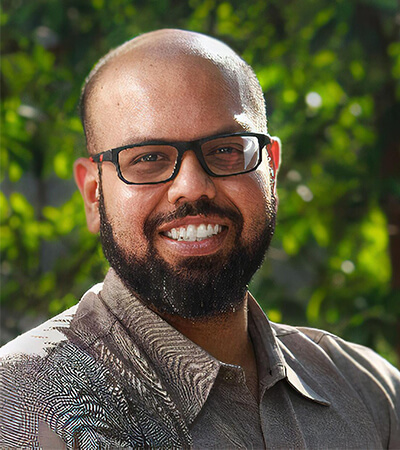
Aman Masjide currently leads the Anti-Abuse and Universal Acceptance (UA) efforts at Radix in India, and has 14 years of experience in the anti-abuse field of the domain name industry. Prior to joining Radix, Masjide led the abuse mitigation and compliance efforts for LogicBoxes, a domain registrar automation platform and consulting business, which was later acquired by Endurance International Group. He has also contributed his expertise in anti-abuse mitigation at Resellerclub and BigRock.
At Radix, Masjide has been leading an internal project testing UA readiness of website signup and contact forms. The objective is to ensure that a user of new TLD should have the same experience across various online portals and services as they would experience using any other legacy TLD.
-
 C1. The role of governments and all stakeholders in the promotion of ICTs for development
C1. The role of governments and all stakeholders in the promotion of ICTs for development
-
 C2. Information and communication infrastructure
C2. Information and communication infrastructure
-
 C3. Access to information and knowledge
C3. Access to information and knowledge
-
 C4. Capacity building
C4. Capacity building
-
 C6. Enabling environment
C6. Enabling environment
-
 C7. ICT applications: benefits in all aspects of life — E-government
C7. ICT applications: benefits in all aspects of life — E-government
-
 C7. ICT applications: benefits in all aspects of life — E-business
C7. ICT applications: benefits in all aspects of life — E-business
-
 C8. Cultural diversity and identity, linguistic diversity and local content
C8. Cultural diversity and identity, linguistic diversity and local content
-
 C11. International and regional cooperation
C11. International and regional cooperation
-
 Goal 8: Promote inclusive and sustainable economic growth, employment and decent work for all
Goal 8: Promote inclusive and sustainable economic growth, employment and decent work for all
-
 Goal 9: Build resilient infrastructure, promote sustainable industrialization and foster innovation
Goal 9: Build resilient infrastructure, promote sustainable industrialization and foster innovation
-
 Goal 10: Reduce inequality within and among countries
Goal 10: Reduce inequality within and among countries
-
 Goal 17: Revitalize the global partnership for sustainable development
Goal 17: Revitalize the global partnership for sustainable development
